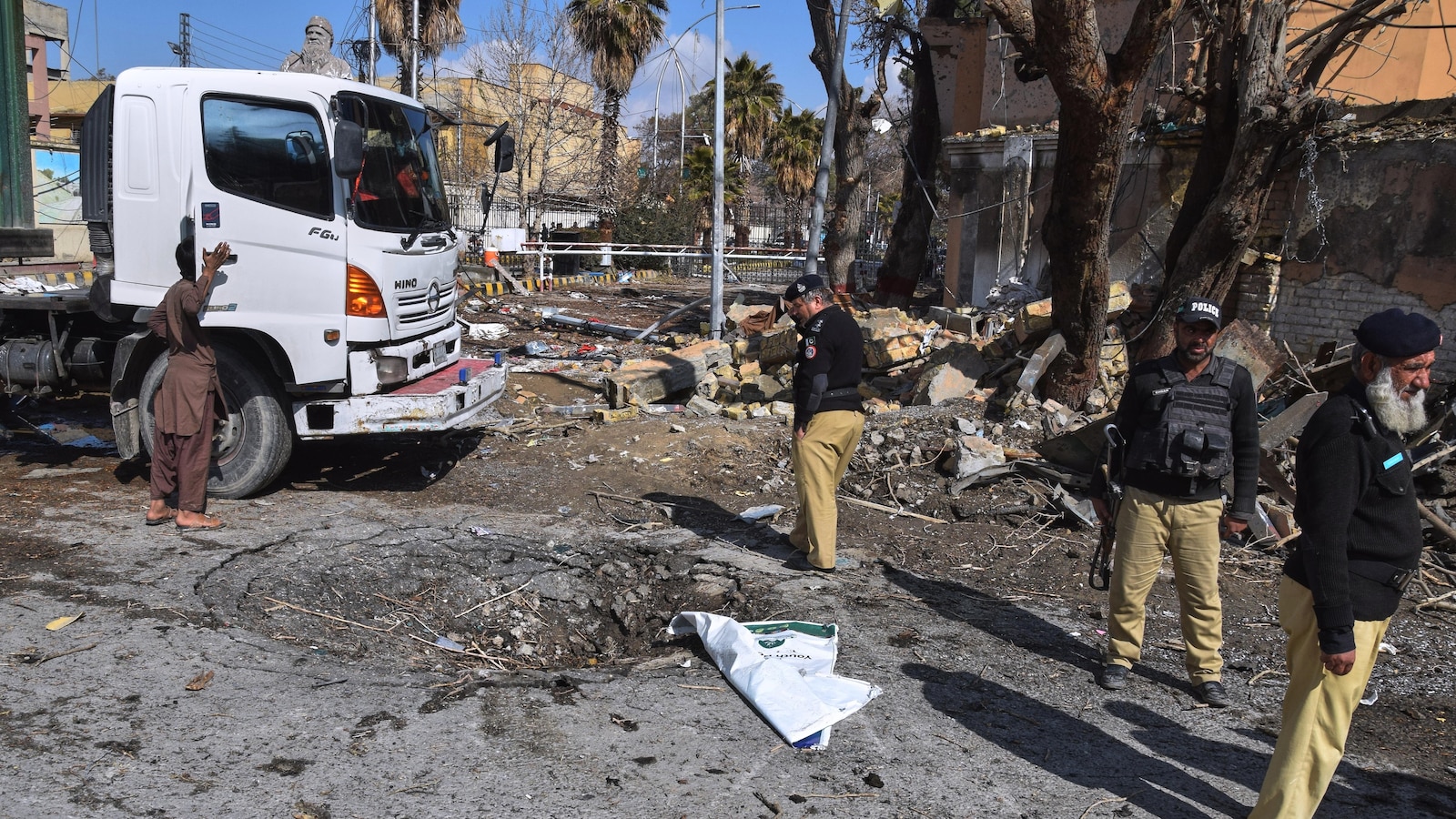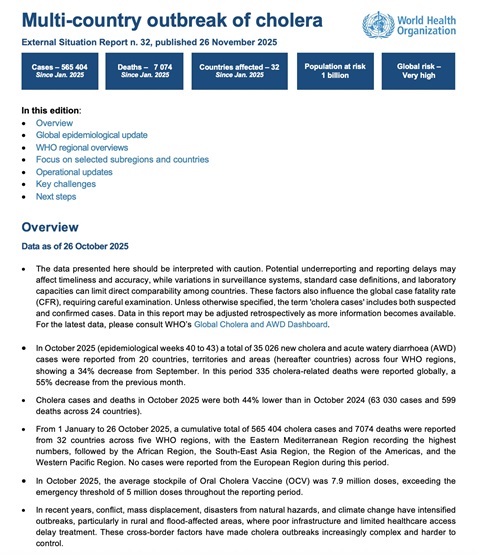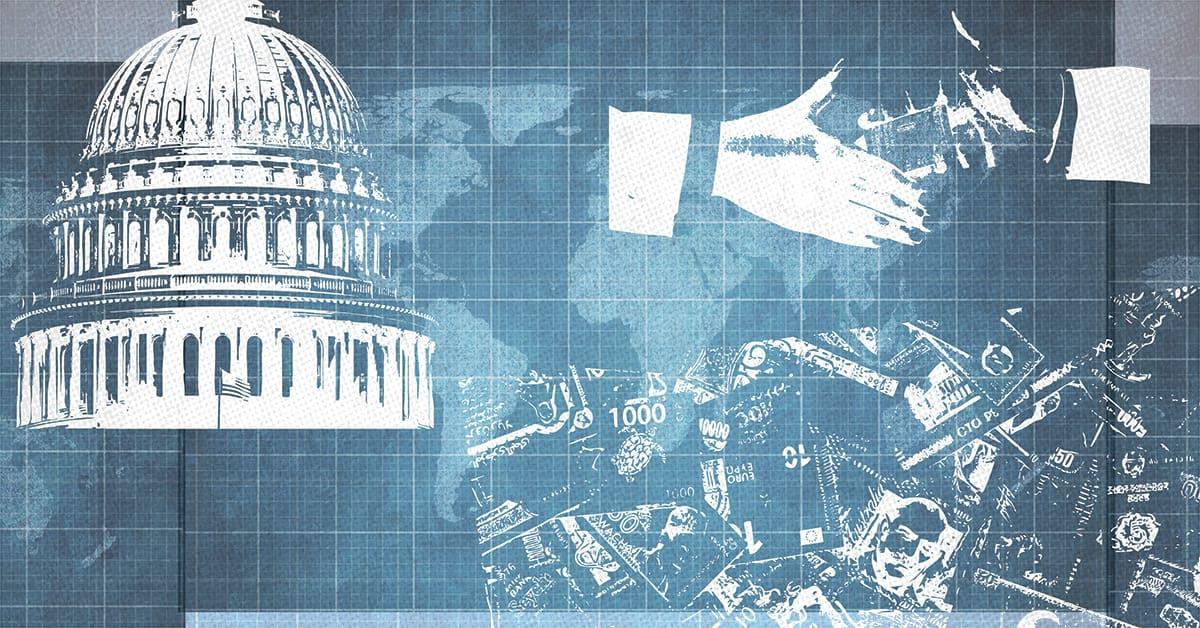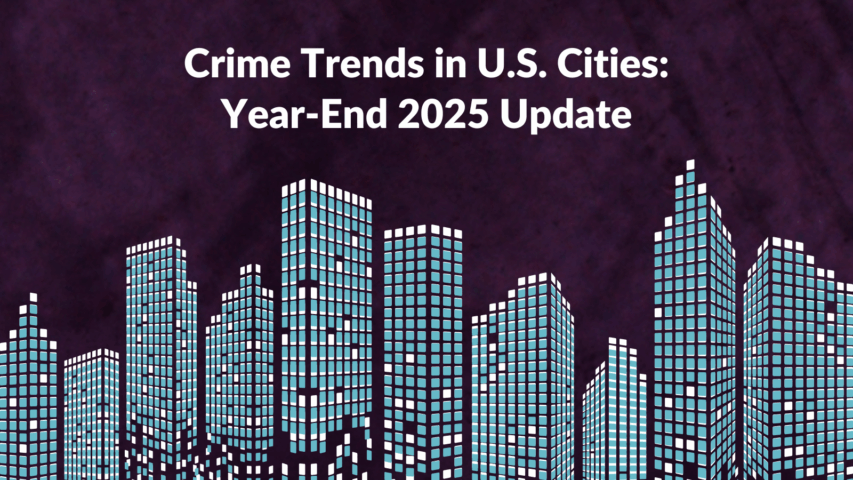Criminal Law Section CLE on juvenile resentencing – The Florida Bar

Report on Legal Education Initiative Advancing SDG 16: Justice for Juvenile Offenders
Introduction and Alignment with Sustainable Development Goals
The Florida Bar Criminal Law Section has announced a Continuing Legal Education (CLE) program designed to enhance legal representation for juvenile offenders. This initiative directly supports the United Nations’ Sustainable Development Goals, primarily focusing on:
- SDG 16: Peace, Justice and Strong Institutions: By promoting the rule of law and ensuring equal access to justice for a vulnerable demographic.
- SDG 10: Reduced Inequalities: By addressing judicial disparities affecting juveniles and facilitating their potential for social inclusion.
Program Overview: “Ufferman Files Part 4 — Juvenile Resentencing”
The program provides critical training for legal professionals, aligning with the objective of building effective and accountable institutions (SDG Target 16.6).
- Title: Ufferman Files Part 4 — Juvenile Resentencing
- Date: Friday, October 31
- Time: 12:00 PM to 1:30 PM
- Platform: Zoom (Live)
- Accreditation: Course number 8914 is approved for 1 CLE credit, including certification credits in Criminal Appellate, Criminal Trial, and Juvenile Law.
Focus on SDG 16 – Access to Justice and Institutional Reform
The core of the program is to explore legal strategies for representing juvenile defendants eligible for resentencing under the U.S. Supreme Court decision Miller v. Alabama, 567 U.S. 460 (2012). This decision declared mandatory life sentences for juveniles unconstitutional, marking a significant step toward a more just and age-responsive legal framework. The CLE aims to equip lawyers with the necessary skills to navigate these resentencing hearings, thereby ensuring equal access to justice for all (SDG Target 16.3) and promoting the rule of law.
Case Study in Rehabilitation and Social Inclusion (SDG 10)
A central component of the discussion is the case of Michael Rosado, who was released in 2024 after serving over 25 years for a crime committed at age 16. His case exemplifies the principles of rehabilitation and social reintegration, which are fundamental to reducing inequalities (SDG Target 10.2). Mr. Rosado’s successful resentencing, secured after nearly a decade of pro bono representation by Michael Ufferman, underscores the impact of dedicated legal support in achieving just outcomes. His participation in the panel provides a direct perspective on the human-centric goals of judicial reform.
Panel Composition and Collaborative Partnerships (SDG 17)
The event demonstrates a multi-stakeholder partnership (SDG 17) for achieving justice-related goals by bringing together experts from various sectors of the legal community. The discussion panel includes:
- Michael Ufferman: A board-certified criminal appellate lawyer from Tallahassee, leading the presentation.
- Jennifer Marshall: Representing the Office of Criminal Conflict and Civil Regional Counsel.
- Don Pumphrey: From the private firm Pumphrey Law.
- Kate O’Shea: A specialist from Suzerain Capital Defense.
- Michael Rosado: A former juvenile lifer providing a personal account of the resentencing and rehabilitation process.
Conclusion: Fostering a Just and Inclusive Society
The “Ufferman Files Part 4” CLE serves as a vital platform for advancing legal expertise in juvenile resentencing. By providing pro bono support and specialized training, the legal community actively contributes to building stronger, more accountable justice systems and fostering a society that values rehabilitation and reduces systemic inequalities, in direct alignment with the global objectives outlined in the Sustainable Development Goals.
Analysis of Sustainable Development Goals in the Article
-
Which SDGs are addressed or connected to the issues highlighted in the article?
The article primarily addresses issues related to SDG 16, with secondary connections to SDG 4 and SDG 10.
- SDG 16: Peace, Justice and Strong Institutions: The core of the article revolves around the justice system. It discusses a Supreme Court decision, legal representation, sentencing reform for juveniles, and the role of legal institutions like The Florida Bar. The focus on resentencing, rehabilitation, and pro bono legal work directly contributes to building a more just and effective legal system.
- SDG 4: Quality Education: The article highlights a Continuing Legal Education (CLE) program designed to train lawyers. This is a form of specialized, professional education aimed at improving the skills and knowledge of legal practitioners to uphold justice and human rights, which aligns with the goal of providing inclusive and equitable quality education and lifelong learning opportunities.
- SDG 10: Reduced Inequalities: The article addresses the inequality faced by juveniles who received mandatory life sentences. The Supreme Court ruling in Miller v. Alabama deemed this practice unconstitutional, and the subsequent legal actions described, such as pro bono representation and resentencing hearings, are efforts to reduce this inequality of outcome within the justice system.
-
What specific targets under those SDGs can be identified based on the article’s content?
Several specific targets can be identified based on the activities and themes discussed:
- Target 16.3: Promote the rule of law at the national and international levels and ensure equal access to justice for all.
- The entire article is an example of promoting the rule of law by implementing the U.S. Supreme Court decision in Miller v. Alabama. The efforts of lawyers like Michael Ufferman, who provided pro bono representation to Michael Rosado for nearly a decade, directly address the goal of ensuring equal access to justice, particularly for incarcerated individuals who may lack resources.
- Target 16.2: End abuse, exploitation, trafficking and all forms of violence against and torture of children.
- The Supreme Court’s finding that “mandatory life sentences for juveniles [are] unconstitutional” can be seen as a measure to protect children from what is considered a form of cruel and unusual punishment. The resentencing process is a direct action to rectify past harms against individuals who were sentenced as children.
- Target 16.A: Strengthen relevant national institutions… to build capacity at all levels.
- The Florida Bar Criminal Law Section’s CLE program, “Ufferman Files Part 4 — Juvenile Resentencing,” is a clear example of strengthening a national institution. The program’s purpose is to build the capacity of lawyers by providing “training and support for attorneys handling Miller resentencing cases,” thereby making the justice system more effective.
- Target 4.7: By 2030, ensure that all learners acquire the knowledge and skills needed to promote sustainable development, including, among others, through education for… human rights… and promotion of a culture of peace and non-violence.
- The CLE provides lawyers with the necessary knowledge and skills to advocate for the human rights of juvenile defendants. By focusing on rehabilitation and resentencing rather than purely punitive measures, it promotes a justice system that aligns with a culture of peace and second chances.
- Target 10.3: Ensure equal opportunity and reduce inequalities of outcome, including by eliminating discriminatory… policies and practices.
- The legal work described is a direct response to eliminating a practice (mandatory life sentences for juveniles) that created unequal outcomes for a specific group. The release of Michael Rosado after a judge “found him rehabilitated” is a tangible example of reducing this inequality of outcome.
- Target 16.3: Promote the rule of law at the national and international levels and ensure equal access to justice for all.
-
Are there any indicators mentioned or implied in the article that can be used to measure progress towards the identified targets?
The article does not mention official SDG indicators, but it implies several qualitative and quantitative measures of progress:
- Number of legal professionals trained on juvenile resentencing: The article explicitly mentions the CLE program, “course number 8914,” which is “approved by The Florida Bar Continuing Legal Education Department for 1 CLE credit.” The number of attendees for this and similar programs serves as a direct indicator of capacity building (Target 16.A) and education on human rights (Target 4.7).
- Provision of pro bono legal services: The article highlights that “Ufferman represented Rosado pro bono for nearly a decade” and encouraged other lawyers “to take one of these cases on a pro bono basis.” The number of pro bono cases taken on by lawyers for juvenile resentencing is a clear indicator of progress towards ensuring access to justice (Target 16.3).
- Number of juvenile resentencing cases reviewed and resolved: The case of Michael Rosado, who was “released in 2024” after being “convicted of murder at 16,” is a specific outcome. The total number of such cases being heard and resolved based on the Miller v. Alabama ruling would be an indicator of the rule of law being upheld (Target 16.3) and inequalities being reduced (Target 10.3).
- Outcomes of resentencing hearings based on rehabilitation: The article notes that a judge “found him rehabilitated” after hearing “testimony from prison staff, ministry volunteers, and others who spoke to Rosado’s transformation.” The frequency of such findings based on evidence of rehabilitation is an indicator of a justice system that values redemption and second chances.
SDGs, Targets, and Indicators Analysis
| SDGs | Targets | Indicators (Implied from the article) |
|---|---|---|
| SDG 16: Peace, Justice and Strong Institutions |
16.3: Promote the rule of law… and ensure equal access to justice for all.
16.2: End abuse… and all forms of violence against and torture of children. 16.A: Strengthen relevant national institutions… to build capacity. |
– Number of juvenile offenders receiving pro bono legal representation. – Number of resentencing hearings conducted in accordance with the Miller v. Alabama Supreme Court ruling. – Number of juveniles resentenced from mandatory life sentences. – Availability of specialized training programs (e.g., the CLE) for legal professionals. |
| SDG 4: Quality Education | 4.7: Ensure that all learners acquire the knowledge and skills needed to promote… human rights… and promotion of a culture of peace and non-violence. | – Number of professionals receiving continuing legal education on human rights and juvenile justice reform (e.g., attendees of “course number 8914”). |
| SDG 10: Reduced Inequalities | 10.3: Ensure equal opportunity and reduce inequalities of outcome, including by eliminating discriminatory… policies and practices. |
– Number of cases reviewed and individuals released based on the elimination of mandatory life sentences for juveniles. – Judicial decisions that find individuals “rehabilitated,” leading to release. |
Source: floridabar.org
What is Your Reaction?
 Like
0
Like
0
 Dislike
0
Dislike
0
 Love
0
Love
0
 Funny
0
Funny
0
 Angry
0
Angry
0
 Sad
0
Sad
0
 Wow
0
Wow
0


















































































